There are all sorts of moving parts going forward in the entire Syria situation. Obviously, Turkey is going to be a huge player, probably using NATO membership to leverage its designs for a return to Ottoman Empire greatness. For the meantime, here is an Iranian perspective, which I’ve also seen reflected in Western commentary. It helps to explain why Iran—and Russia—were unwilling to invest more deeply in Assad and eventually walked away.
Arya - آریا
@AryJeay
Why Did Syria Fall So Quick & Where Was Iran?
It’s safe to say that everyone is shocked on the events in Syria. Nobody expected for this to happen now—well, that’s actually not true.
6 months ago, the leader of Iran (Imam Khamenei) had warned Bashar Assad regarding the uprise of HTS—but Assad ignored them.
Let’s examine what happened & how it happened.
When ISIS emerged in Syria and the security situation became dire, the Syrian government formally requested assistance from Iran. Iran’s presence in Syria was framed within an advisory role, meaning the Syrian army and military forces themselves were the ones fighting the terrorists, while Iranian advisors supported them.
Although Iran was at times required to send limited special forces (such as IRGCQF) due to specific circumstances, its primary role remained advisory.
Obviously, what’s left out here is the important role that Hezbollah played in supporting Assad’s SAA. That was undoubtedly cleared through Iran.
At the time, ISIS was advancing in such a way that when friendly forces supporting Assad entered the battlefield, they were welcomed by the people. This public support, combined with the Syrian army’s (SAA) presence and Iran’s advisory efforts at Syria’s official request, ultimately stopped the ISIS threat. In 2017, the end of ISIS’ rule was announced, mainly due to the efforts by Qassem Soleimani.
Following the defeat of ISIS, Iran’s advisory presence naturally decreased, as the Syrian government wanted its own forces to take full responsibility for securing the country.
Here we get to Turkey. Initially the leading supporters of ISIS in Syria had been a coalition of the US, Israel, Saudi Arabia, and Qatar. The Arabs drew back with the defeat of ISIS, but Turkey became the supporter of Jihadist groups that kept the war going under a Turkish umbrella in the Idlib area. Turkey did not want a restored Syrian state that would oppose Turkish influence in these formerly Ottoman areas with Iranian and Russian support.
But what lead next is important:
1. The Transformation of Terrorist Groups — From Wahhabi to Ottomanic Centralisation
Extremist groups shifted strategies, they abandoned their overt violent “face” and adopted a more of a diplomatic facade, obviously they were still the same ISIS mentally-ill creatures. This is when the center of power influence shifted from Saudi Arabia to Turkiye, which I wrote more about in another tweet.
Meanwhile, the Syrian public began supporting the Syrian army less and less against these groups as they once did. In some areas, such as Aleppo, doors were opened to rebels but closed to the army. This is the direct result of a successful hybrid warfare strategy by Syria’s enemies.
2. Weakening of the Syrian Army:
The Syrian military faced various challenges, including ideological, economic, and morale-related issues, leading to low motivation to confront terrorists. Unlike before, when Iranian advisors supported motivated Syrian forces, this time the SAA lacked the will to fight, with many units collapsing at the first sign of confrontation.
3. Bashar al-Assad’s Stance Shifted from Resistance Nexus to Gulf Arabs:
The most significant change was within Assad himself. In his last meeting with Iran’s Leader on June 10, approximately 6 months ago, the Leader warned Assad:
“The West and their regional allies aimed to overthrow Syria’s political system through war and remove Syria from the regional equation but failed. Now, they seek to achieve this goal through other means [Hybrid Warfare !!], including false promises they will never fulfill.”
This warning reflected a deep understanding of the situation. Even before the ground war in Lebanon, Iran had repeatedly told Assad to strengthen his forces in light of the growing terrorist threat (by Turkish-backed groups) and provided formal suggestions, but Assad ignored all of these warnings. Assad also started siding with the GCC (the Gulf Arabs) & they exercised pressure on him to distance himself from Iran & the resistance.
This pattern continued until Assad was on the verge of collapse. Iran had high-ranking officials to negotiate with Assad on Iran’s commitment to strengthening Assad’s position. However, a critical strategic error pushed Assad towards his downfall: The placing of hope in promises from Arab actors in the region…
When Iran recognized Assad’s reluctance for field support, it decided against intervening directly but continued to persuade him until the last moment.
Unfortunately, Assad realised the empty promises only when it was too late.
11:46 AM · Dec 8, 2024
·
Arya - آریا
@AryJeay
Some additional short bulletin points that did not fit in the post:
• Ali Larijani reportedly offered him pre-set conditions 2 weeks ago in Damascus. Bashar didn’t agree with them and even refused to meet with Larijani—Iran’s special envoy—when he returned to Damascus Friday Dec 6.
• Bashar Assad refused to open the Golan front, despite being asked to by the resistance groups.
• The Assad government, after becoming too close with the Gulf Arabs, had put a lot of restrictions on IRGCQF, this sparkled dissatisfaction.
• Ex-IRGCQF officer claimed Iran intel knew since 2 months ago that rebel groups in Idlib were up to something. He claims Iranians shared their worries with Turkey, but “Turks deceived them and assured Iranians there’s nothing to be afraid of—Should not have trusted the Turks.
• The situation in Syria has not ended and it’s going spark unrest. Especially between Kurdish SDF vs Turkish-backed rebel groups (e.g. HTS) AND inner fights among rebel groups.
12:29 PM · Dec 8, 2024
Now, turning again to Turkey, some reflections. Foremost, every player in the region—including the US and Israel—will be on notice that Erdogan and Turkey is a dangerous snake. But it’s more complicated than just that, as we’ll also see, below:
Looks like Israel will grab the 1974 buffer zone and chalk this, together with it being made more difficult for Iran to supply Hezbollah, as a win. But it now has a border with an emerging Turkish Empire. Israel did not exist pre-Treaty of Sèvres so this is untested waters.
Anyone who thinks the US has 4D-chessed the Syria situation should probably consider that their Kurdish allies are in for a very hard time - Turkey may move to “solve” the issue. The more you look at this the more it looks like the West was a slightly confused spectator.
This next is a salutary warning on how complex this all is. Is it possible that Turkey made this deal: Look, we’re uncomfortable with Russian forces both in the Black Sea and Caucasus—the north and east fronts for Turkey—as well as to our south in Syria. Give us a freer hand in the south, and we’ll cooperate otherwise. That would certainly be deal Putin could deal with:
Strange statement for Erdogan to make after he supposedly “took out” a key Russian ally in the Mid East. Not so strange a statement to make if he just cut a deal with the Russians on a new order in the Mid East.
Here Pilkington channels Samuel Huntington:
Philip Pilkington @philippilk
Right before our eyes we are seeing an aggressive return to postliberal, civilisational politics. The various civilisations are returning to their natural places in the world as what will be viewed as the interruption of the 20th century fades from view.
Map of the nine "civilizations" from Huntington's "Clash of Civilizations":
Philip Pilkington @philippilk
Somewhat ironic that at the exact moment the Ottoman Empire makes a comeback the Turkish 20th century concept of the ‘derin devlet’ [Deep State] is set to define American politics.
A lot of people laughed at @DougAMacgregor saying that Turkey could end up in a meaningful clash with Israel in the future. Today no one is laughing. Instead strategists are scrambling to think through what that might mean.
Watching Iranian-Turkish relations develop in the coming years will be extremely interesting, especially if Turkey joins the BRICS.
Philip Pilkington @philippilk
The Russians put Assad into retirement. Pretty likely that the “collapse” of Damascus was, shall we say, managed and the Russians are trying to negotiate their base in [Tartous] with the new government.
Al-Jumhuriya English @aljumhuriya_eng
A Syrian source told Al-Jumhuriya that Assad’s fate was sealed on December 7 in Doha, during Astana meetings with Arab partners. During the meeting Russia and Iran informed Ankara of their readiness to facilitate a political transition in Syria.
Philip Pilkington @philippilk
There it is folks. The "collapse of Damascus" on the 8th was theater that was pre-arranged the day before, mostly for a Turkish domestic audience. The Russians held back air support and the SAA was told to stand down. Very likely that the Russians and Turks reached a deal.
We shall see!
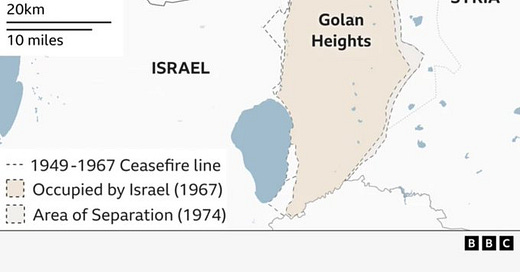



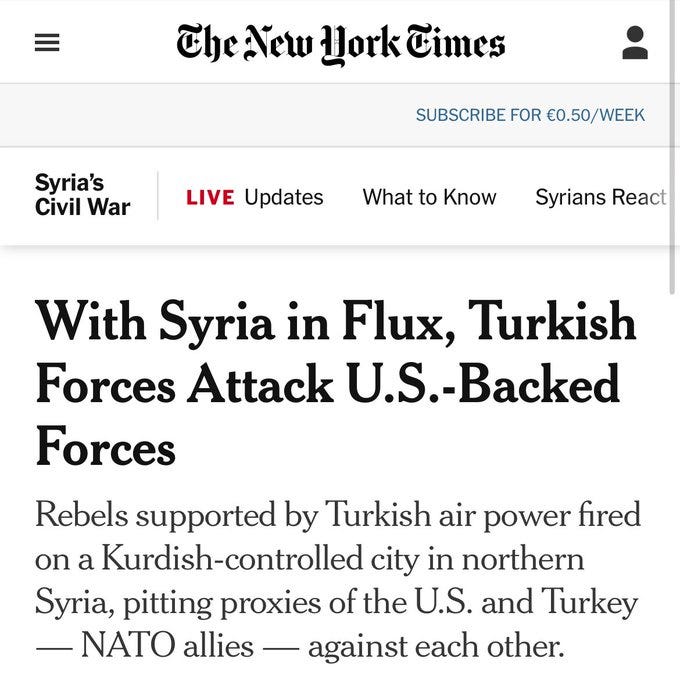
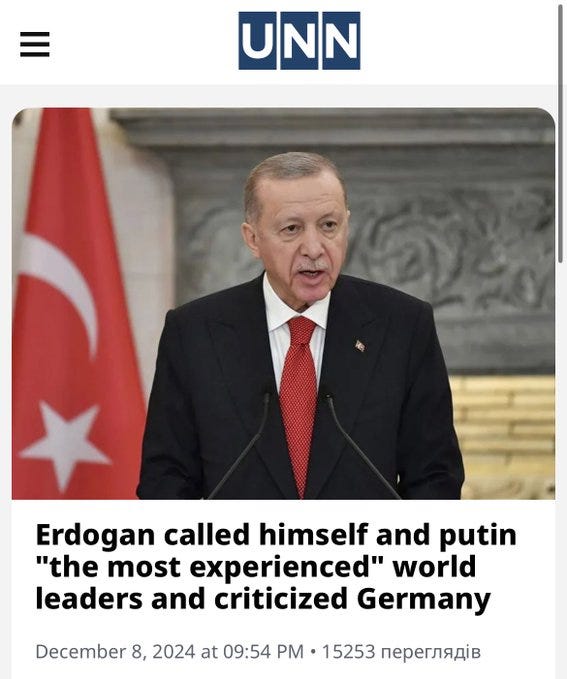

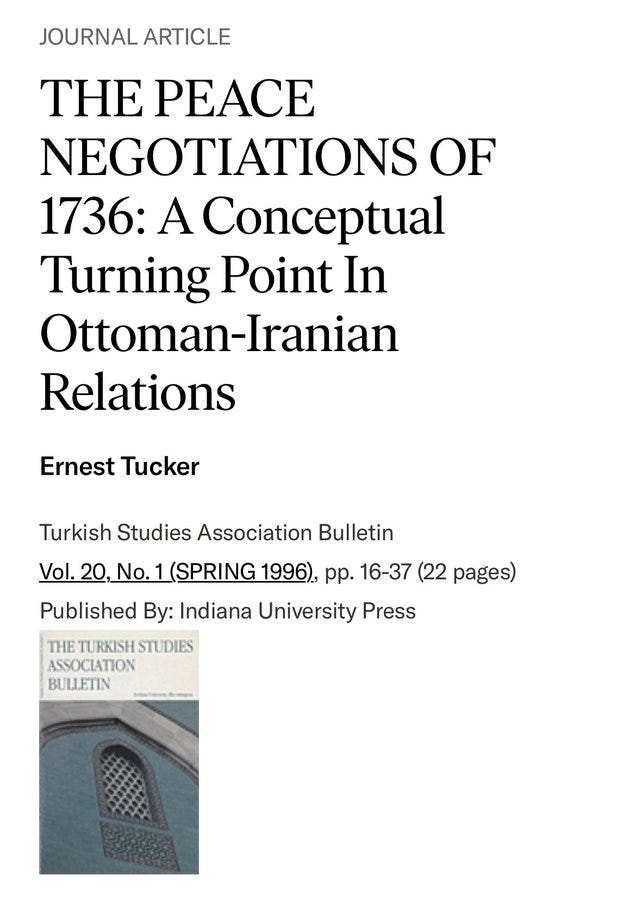
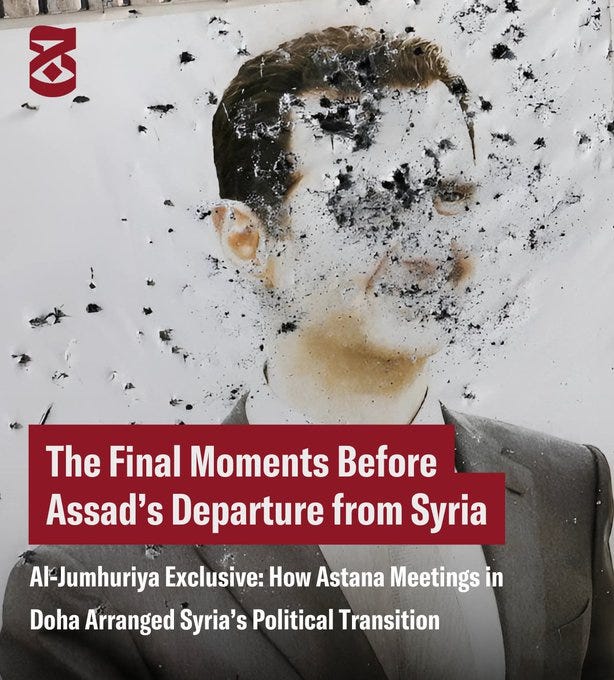
The US gambit in Syria was intended to lure the Russians into the fight (import Wagners) and create another Afghanistan debacle. The Israelis were duped into thinking that they could control the outcome and cutoff Hezzbollah from resupply by Iran. The Gulf Arabs thought that they could use the chaos to redirect the new West Asian oil transportation corridor in their favor. But when the smoke clears, it will be the West that gets hosed in this geopolitical chess match. Israel gets a well armed Turkic puppet state right on its border. The EU gets more migration from this region. And it is the US that gets drawn into the next Afghanistan debacle. Expect all US military to be forced out of Syrian territory before the end of 2025. And when Ukraine capitulates, Turkey will exit NATO and geopolitical continents will shift away from the West. Thank you Joe Biden.
Thanks Mark, once again you’re out ahead of just about everyone on what’s actually happening here.
So they put Assad out to pasture. Placing any hope on Arab armies holding open the corridor to Lebanon was a losing proposition. So now Türkiye will have a border with Israel. Let’s see how the Israelis like having that backstabber so close. If Erdogan breaks in the direction of BRICS then the NSTC may come to fruition. If he double-crosses, as everyone should expect from him moving forward, Russia and Iran are going to be set back decades.
So yeah what have Russia, Türkiye, and Iran decided behind closed doors? Is this an interim state before something much more consequential? What a time to be alive.